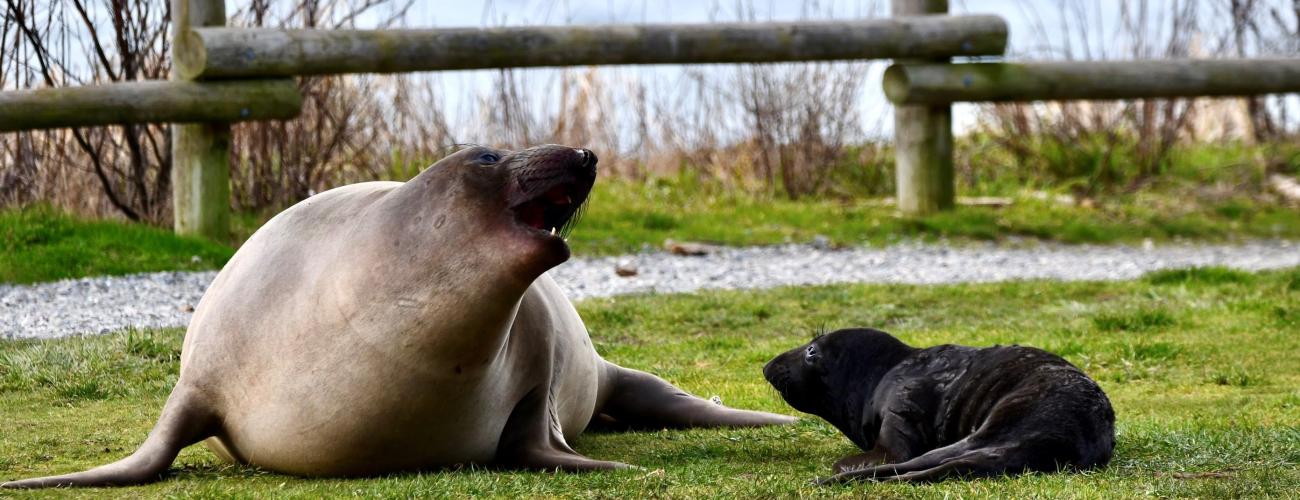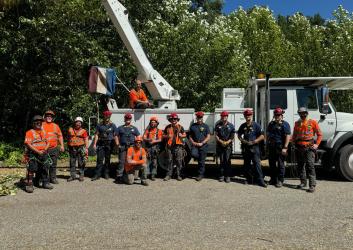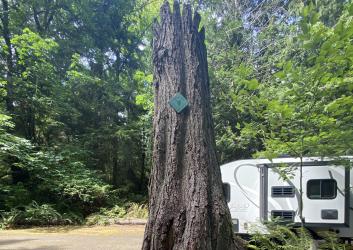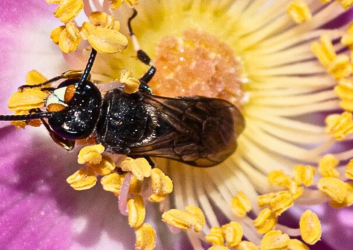Tips for handling wildlife encounters: Lions, and Orcas and Bears. Oh my!
Have you seen the National Park Service’s social media posts warning you not to pet the fluffy cows, feed the chatty squirrels or hug the soft bears?
We’re here with a similar message, plus tips on how to coexist with wildlife in nature.
State parks are home to birds, fish, reptiles and mammals. Maybe you’ll see an Orca pod at Lime Kiln Point, or a moose at Mount Spokane! With a great zoom lens, you can capture the moment without endangering yourself or the animal. But getting too close or feeding wildlife is dangerous for you and for them.
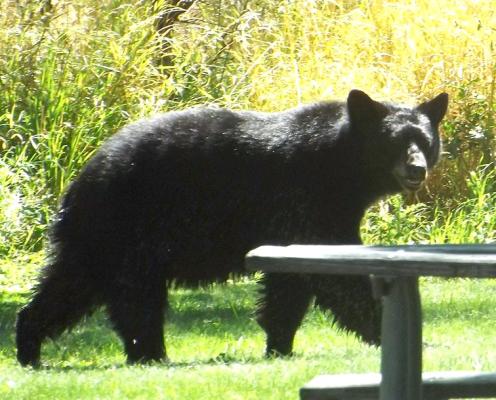
Hey Bear and Here, Kitty, Kitty
You may hear tall tales of bear and cougar encounters. It’s a Northwest thing. Both animals cover large territories, and our trails encroach on their turf. This is a good argument for traveling in groups, paying attention, not wearing ear buds, or buying magic earbuds that let you hear outside noise.
The not-so-sensational reality is that you’re not on the menu, and they’ll rarely make an appearance. Most are not comfortable around humans. If a bear or a cat crosses your path, you’ll want to scare it off by making yourself look big, clacking your trekking poles and yelling.
If a cat does not back off, or a bear moves toward you, throw things at it. (Use the contents of your pockets; don’t stoop down to pick up rocks, and don’t take your eye off the animal.) Cats, in particular, know prey animals don’t throw things.
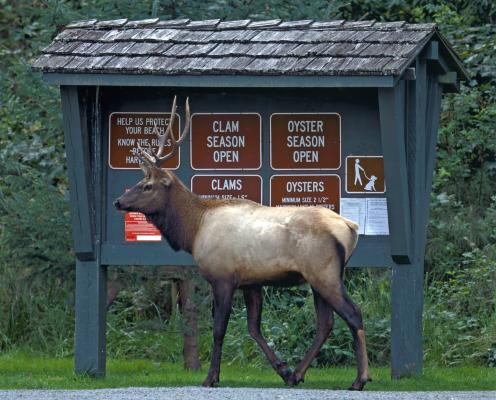
The big boys and girls (moose, elk, deer)
Wild elk live in several state parks (Dosewallips, for example), and moose wander through central and east-side parks like Riverside, Wenatchee Confluence and Columbia Plateau Trail/Turnbull Wildlife Refuge. If you’re lucky, you may see one. But, please, stay away. Moose and elk can become aggressive, especially in mating or calving season. Trust us, you don’t want to tangle with these giants.
Habituated deer also live in state parks. We ask that you resist the temptation to feed them. Human food makes them sick.
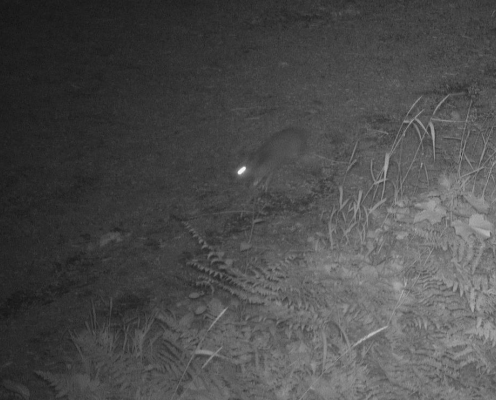
Ratatouille and his rodent army
Ditto squirrels, chipmunks and mice. Rodents can get rather… assertive. It’s not that they like you. They’re just using you for your food. In fact, they’ve been known to chew holes in tents and backpacks to pilfer a snack. Not friend behavior.
Car campers and picnickers should store food in coolers or plastic bins with snap-on lids. Walk-in campers can put food in a stuff-sack, tie it with a cord and throw it over a tree limb several feet high, or store food in a bear can, which doubles as a camp stool. Be fair and draw straws for who’s going to carry the bear can – they’re heavy!
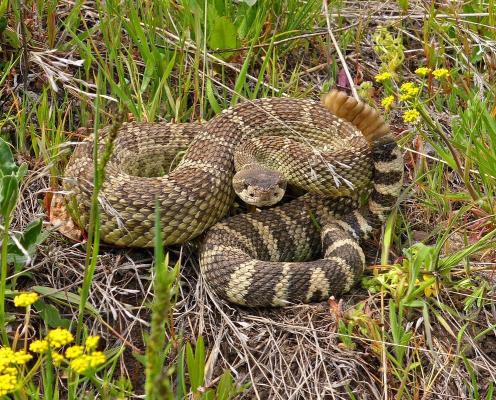
Snakes on the plains
We won’t sugar coat this: Central/eastern Washington is rattlesnake country. Now, before you cancel your trip… rattlesnakes don’t want to bite you. They just want to be left alone. (See a common theme here?)
If you (or your pup) get too close, the snake will shake its noisy booty. When you hear a rattle, stop moving and look around. Back away slowly if you see the snake. Even if it’s coiled, it will generally avoid a strike if it can escape. Don’t crowd it. Pick up your dog if possible.
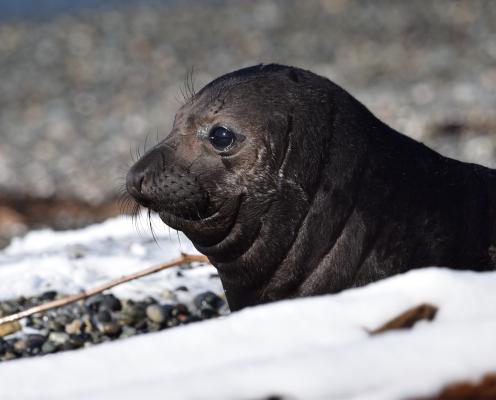
Southern Resident Killer Whales (SRKW) and friends
Nothing beats seeing a whale breach near your boat or kayak! But Salish Sea boaters must stay far from whales. Be Whalewise has American and Canadian rules for boater proximity to SRKW, other whales and marine mammals.
When boating in U.S. waters, stay 400 yards in front of or behind SRKW and 300 yards away on either side. Slow boats to seven knots and disengage engines if the whales appear within 300 yards of you.
Harbor seals are so adorable, we all want to take them home. So, when we see a pup alone, we get worried. But these pups are usually fine. Their mothers are out hunting food to meet the demands of nursing and weaning. Please don’t approach them. Stay 100 yards away and move farther back if the animal gets agitated.
If you think a marine mammal is sick, injured or abandoned, call the West Coast Marine Mammal Stranding Network and make a report.
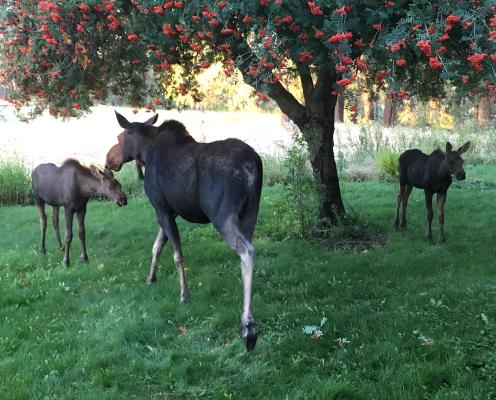
A final word:
Don’t let the fear of wild animals keep you from nature. Remember, most critters avoid us, and now you have tips to avoid potential conflicts.
We’re proud to provide wildlife with protected habitat. In our state parks, we believe there is space for all of us, human and animal, to feel safe and thrive.
Originally published January 05, 2024

